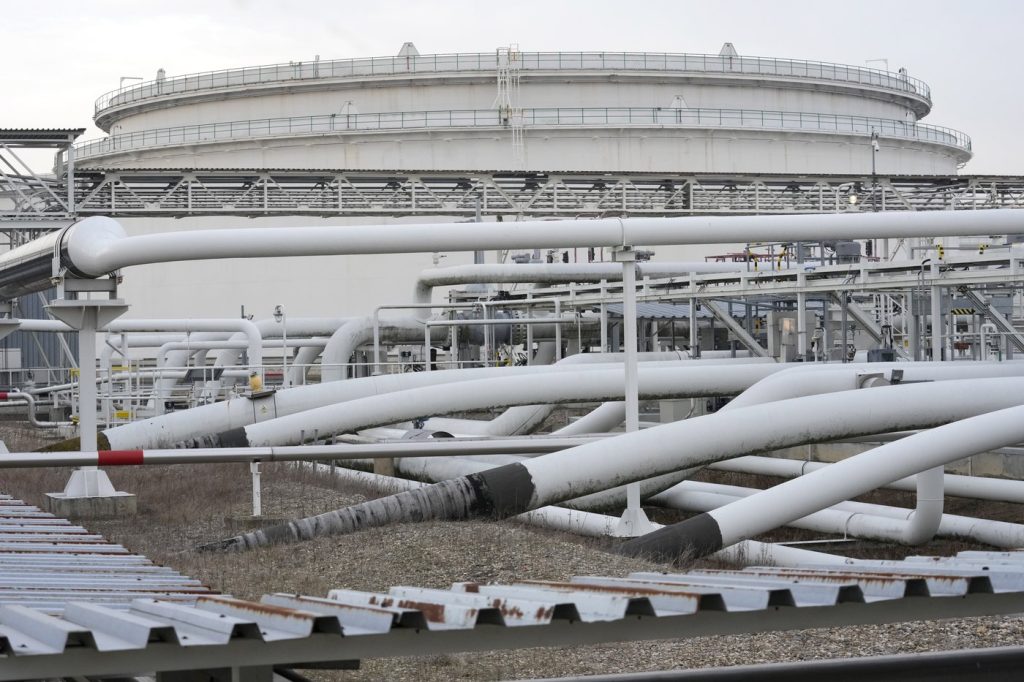Oil deliveries from Russia to the Czech Republic through the Druzhba pipeline have ceased, as confirmed by the state-owned company managing the pipeline network on Tuesday. This interruption marks a significant development, as the Druzhba pipeline is the sole conduit of Russian oil into the country. The reasons for the halt in deliveries have not been disclosed, but authorities indicate that the Czech Republic is well-prepared for such disruptions as it is transitioning away from its reliance on Russian oil.
The Czech Republic reportedly possesses three months' worth of oil reserves, which should mitigate any immediate supply issues arising from this disruption. This current stoppage is not the first instance of such interruptions, as there was a similar suspension of deliveries for several days back in December 2022. Currently, the Czech Republic, Slovakia, and Hungary are the last three European Union member states still importing oil from Russia, following a broader EU sanctions regime initiated in response to Russia’s full-scale invasion of Ukraine in February 2022.
In January 2023, the Czech government announced the completion of a project aimed at ending its dependence on Russian oil. The initiative involved an investment of approximately $60 million, which has successfully increased the capacity of the Italian Transalpine Pipeline (TAL) to 8 million metric tons per year. This project includes a branch of the pipeline that continues as the IKL through Germany and serves the Czech Republic, also known as Czechia.
Mero, the state company that oversees the pipeline infrastructure in the Czech Republic, stated that it has conducted testing on the TAL pipeline. The results confirm that the pipeline is ready for immediate use if necessary, reflecting the country's proactive measures to secure its oil supply and reduce dependency on Russian imports.
The situation underscores the ongoing geopolitical tensions in Europe stemming from the conflict in Ukraine and highlights the efforts made by the Czech Republic to adapt its energy strategy in light of these challenges. As the European Union continues to reevaluate its energy partnerships, the response of EU member states like the Czech Republic will be pivotal in shaping the future of energy security in the region.










